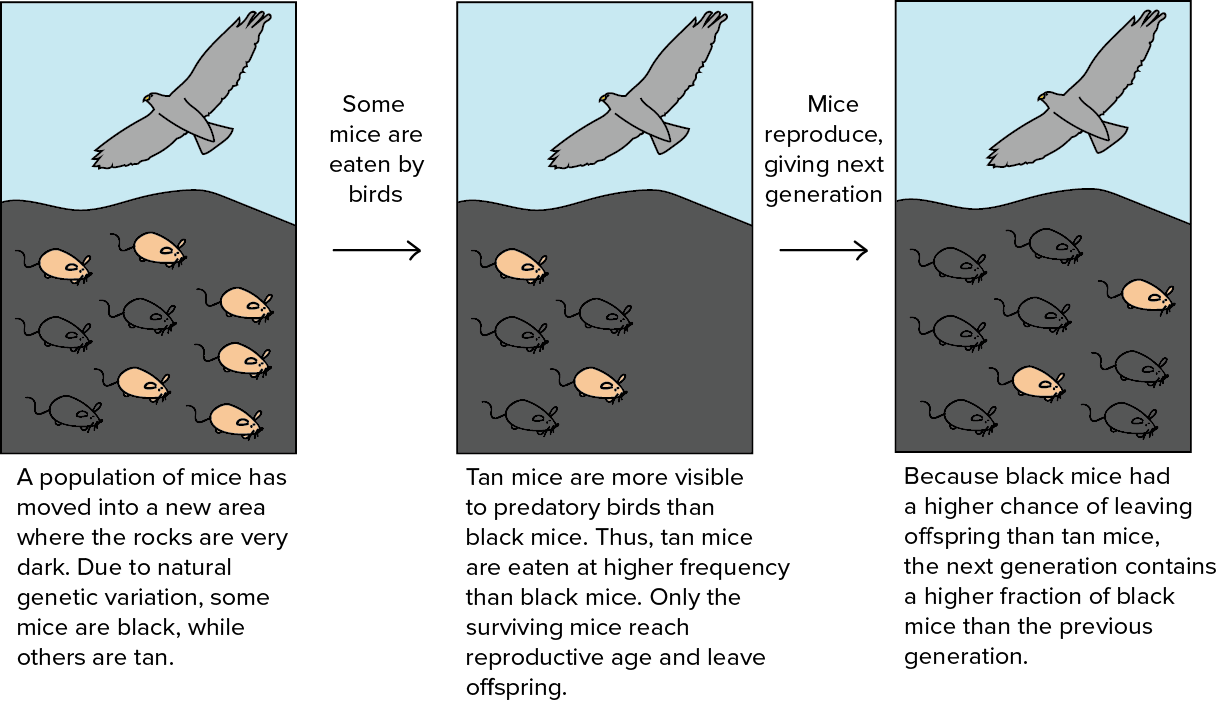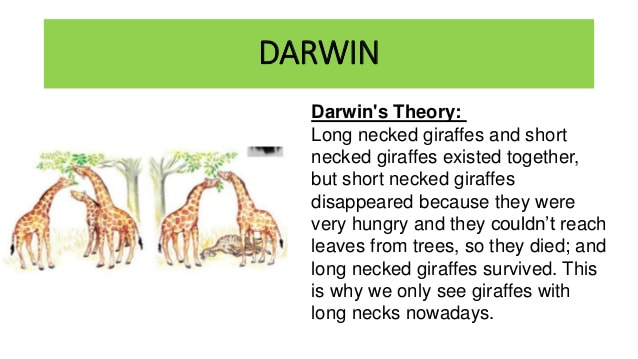Reference




Reference




OpenAI's Answer
The concept of evolution has significantly evolved since Charles Darwin first introduced his theory in 1859. Darwin's original theory of evolution by natural selection has been expanded and refined through extensive scientific research and advancements in various fields. Here are some key developments:
-
Genetics and Molecular Biology:
- Modern Synthesis: One of the biggest changes was the integration of Darwin's theory with Mendelian genetics in the early 20th century, forming what is known as the Modern Synthesis. This unified view combined the ideas of natural selection with genetic inheritance, showing how evolution operates at the level of genes (EpicOfEvolution).
- Discovery of DNA: The discovery of the DNA double helix by Watson and Crick in 1953 furthered our understanding of genetic variation and mutation, mechanisms that Darwin did not know about (Quora).
-
Mechanisms and Processes:
- Genetic Drift and Gene Flow: The concepts of genetic drift (random changes in gene frequencies) and gene flow (transfer of genes between populations) have become important components of evolutionary theory, beyond Darwin's original ideas of natural selection (Britannica).
-
Developmental Biology:
- Evo-Devo: Evolutionary developmental biology (evo-devo) has emerged, studying how changes in an organism’s development processes leads to evolutionary change. This field has provided insights into the genetic control of development and how these processes evolve (Britannica).
-
Selection Levels and Networks:
- Multilevel Selection Theory: There’s been a shift to consider selection acting at various levels, from genes to populations, and even species. This idea contrasts with the purely individual-level selection that Darwin proposed (Scientific American).
- Network Theory of Life: Advances in understanding biotic interactions and genetic networks have shown that the evolutionary process can be much more complex than the branching tree of life Darwin envisioned (MassiveSci).
-
Fossil Record and Paleontology:
- Fossil Discoveries: New fossil discoveries have provided more evidence for the patterns and processes of evolution, including intermediate forms that were not available to Darwin (Houston Public Media).
These advancements illustrate how the theory of evolution has grown more nuanced and comprehensive, building on Darwin's foundational work to incorporate a broader array of scientific discoveries and perspectives.
 Image: Darwin's original sketch of the "Tree of Life"
Image: Darwin's original sketch of the "Tree of Life"
Follow Up
Related
CHAPTER 2 - Literature Review 2.1. Introduction This chapter undertakes a review of literature to
What changes were made to the production credits in the 2000 reissue?
How did Aristotle's reception of Heraclitus influence philosophical thought?
What changes did KZZO make after the ownership change to Bonneville?